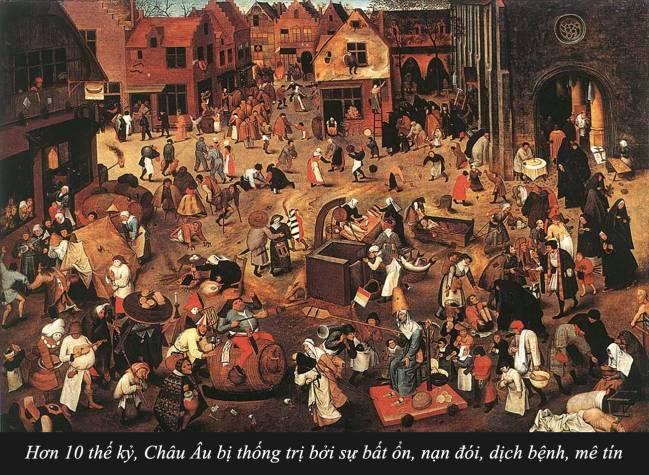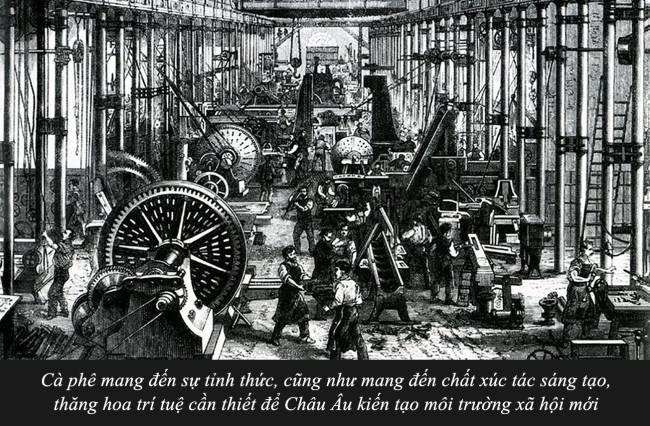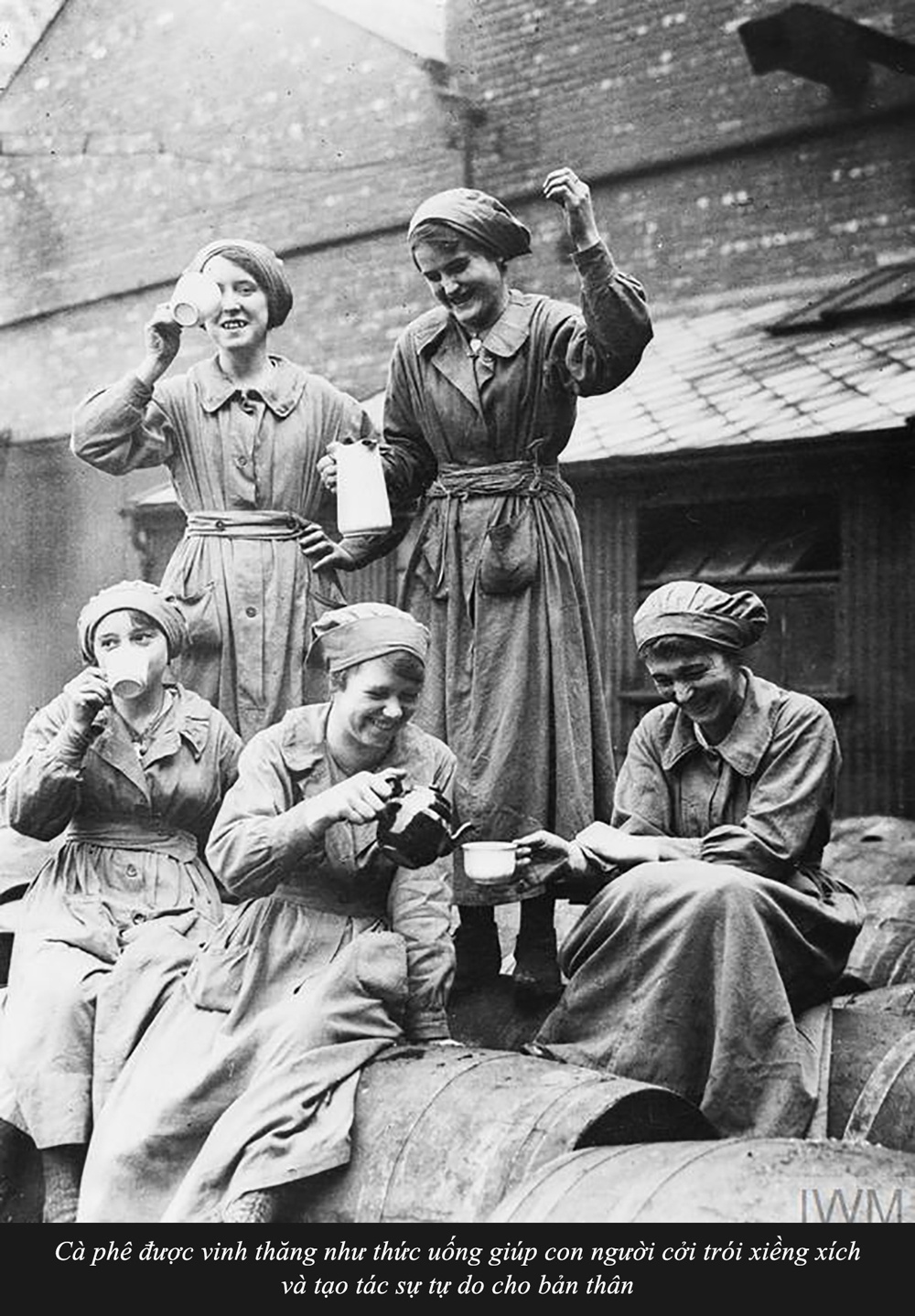Article 1: Coffee – The beverage of the age of enlightenment
The Japanese have positioned the Tea Ceremony as a national ethic, an art of living conveyed through enjoying a cup of tea. Meanwhile, Vietnam – a coffee powerhouse in the world, has the best Robusta coffee beans in the world, has a long herritage of coffee culture for hundreds of years; and yet, Vietnamese coffee is still in the low-end market segment, mainly exported raw and has not been properly positioned as it should be in the perspective of an industry and a nation.
With the desire to bring Vietnam’s coffee industry to a new level, pitching the value of coffee not only as a common drink but as cultural coffee, art coffee, spiritual coffee… all the way to philosopher’s coffee, worthy of the status of the world’s coffee powerhouse – Trung Nguyen Legend Group has dedicated time and passion for many years researching history, culture, art… coffee from all walks of life so that coffee could be become “Coffee of Philosophy”.
On the Trung Nguyen Legend’s creative and development journey, the spirit of commitment to serving the community has always been at the core throughout with many initiatives to Create Great National Aspirations and Great National Intentions; in order to reposition Vietnam’s coffee industry on the world coffee map and on this journey, Trung Nguyen Legend wishes to join hands with national strategists so that Vietnam will soon become a strong nation that influences the world!
The Japanese did it!
The Vietnamese can do it too and do it better!
In the 18th century, coffee took part in one of the most important turning points of history – the Industrial Revolution. Moreover, it became a beverage that promoted creative thinking during the Age of Enlightenment.
Over 10 centuries of long and dreamy nights
When it comes to the Middle Ages, many historians refer to it as the “Dark ages”, “Long night of Medieval Europe”, “Age of ignorance and superstition”… A society dominated by instability. Famine, disease, and superstition was everywhere.

For over 10 centuries, Europe was dominated by instability, famine, disease, superstition
Fear and anxiety peaked. Besides, constant violence made people become aggressive. Young people could be seasoned warriors, but were easily excitable, easily depressed. Life was always full of difficulties.
In this era, the most popular beverage was beer, at only 1 cent a gallon (4.5 liters). On average, each person in Western Europe, from the 11th to the 17th centuries, consumed no less than 3 liters of beer per day, right from breakfast.
Awakening to build life
Coffee was introduced to Europe in the 17th century. From here, Europeans quickly discovered the social and medicinal benefits of the “Arabic drink”. The embryonic capitalist class displayed coffee as a drink of the “humanist era”, an energy source for knowledge movements.

Coffee brings awakening, as well as a catalyst for creativity and intellectual sublimation necessary for Europe to build a new social environment.
The scientific revolution ignited the Age of Enlightenment and the industrial revolution during the 18th and early 19th centuries. During this period, the economy was simple, small-scale, based on manual labor which was then replaced by industry and heavy machinery.
Along with such laboring method shift, coffee brought awakening to a Europe that was immersed in beer yeast, as well as a catalyst for creativity and intellectual sublimation necessary to build a knowledge-based social environment. A rational, scientific, systematic knowledge of natural laws… to enable new processes and execution solutions in labor. In addition, coffee helps workers stay awake, bringing maximum productivity and duration of work, contributing to streamlining the labor organization in line with the industrial revolution.

Coffee was promoted as the beverage that helped people untie their chains and free themselves
Coffee gradually replaced beer as the main beverage and was promoted by European capitalists as a beverage that helped people untie their chains and free themselves. William Ukers wrote in his book All about Coffee, “It has been the world’s most radical drink in that its function has always been to make people think.”
In the 19th century, the demand for coffee increased dramatically throughout Europe. Coffee quickly became an international commodity that, during the late 19th century, completely transformed Europe’s economy, ecology and politics.


